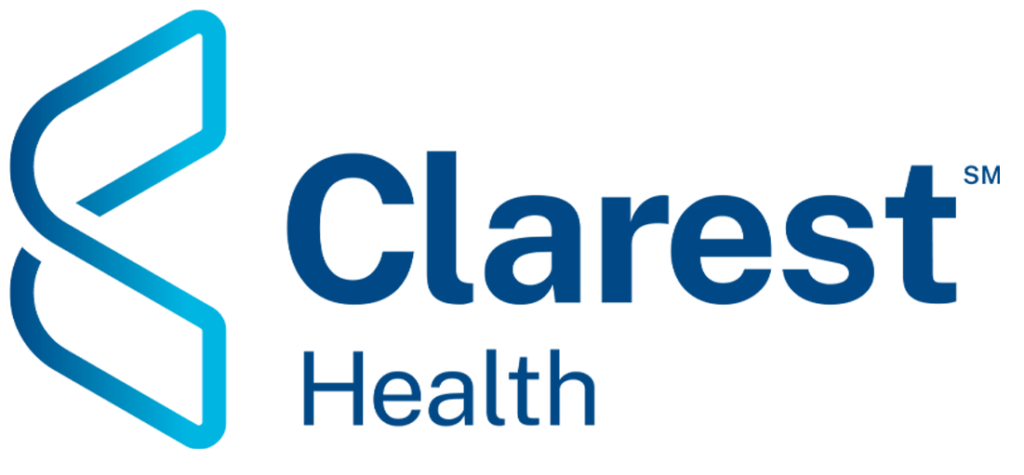In long term care (LTC) settings, ensuring medication adherence among patients is crucial for their overall health and well-being. Successful Medication Management plays a pivotal role in maintaining the effectiveness of treatments and preventing complications. However, many patients face challenges when it comes to adhering to their prescribed medication regimens.
The Challenge of Medication Adherence
Without the proper support and understanding, sticking to a complex medication regimen can be difficult, especially for patients in LTC. The following strategies for medication adherence, when implemented thoughtfully, can enhance medication management and contribute to better patient outcomes.
1. Clear Communication and Education
Effective communication between healthcare providers, caregivers, and patients is key to promoting medication adherence. Educating patients about the importance of their medications, potential side effects, and how to take them correctly fosters understanding and compliance. Utilize clear, jargon-free language and offer educational materials, such as pamphlets or visual aids, to empower patients with knowledge.
RELATED: EXPLAINING A Personalized Medication Management APPROACH
2. Simplified Medication Regimens
Sometimes medication regimens can overwhelm patients, leading to confusion and missed doses. Simplifying medication regimens when appropriate can greatly improve adherence. Collaborate with healthcare providers to streamline medication routines, ensuring they align with patients’ needs and capabilities. Medication regimens should also be clearly outlined to ensure medications are correct.
3. Personalized Medication Reminders
Implementing personalized medication reminders can significantly boost adherence rates. Use technology such as web portals and secure messaging platforms to remind patients when to take their medications. Tailor reminders to each patient’s preferences and integrate them into their daily routines. Additionally, consider involving caregivers or family members who can provide gentle reminders and support.
4. Medication Packaging and Organization
Proper packaging and organization of medications can greatly assist patients in adhering to their prescribed regimens. Using prepackaged medications and compliant medication pouches that clearly label doses for different times of the day. Ensure packaging is easy to open and understand, especially for patients with limited dexterity or visual impairments. Pharmacists and healthcare providers can work together to provide patient-friendly packaging options.
RELATED: USING TECHNOLOGY TO SIMPLIFY MEDICATION MANAGEMENT
5. Ongoing Support and Follow-up
Continuous support and follow-up are crucial for long-term medication adherence. Regularly assess patients’ progress and address any concerns or challenges they may face. Encourage open dialogue and provide opportunities for patients to ask questions or seek clarification. Offer additional resources to help patients stay motivated and engaged in their medication management journey.
Let Clarest Health Encourage Medication Adherence for Your Patients
Medication adherence is a critical aspect of effective treatment in long-term care settings. By implementing these strategies, healthcare providers and caregivers can enhance medication management and improve patient outcomes. Empowering patients with knowledge, providing practical tools, and fostering a supportive environment are key to promoting medication adherence and ensuring long term health and well-being.

